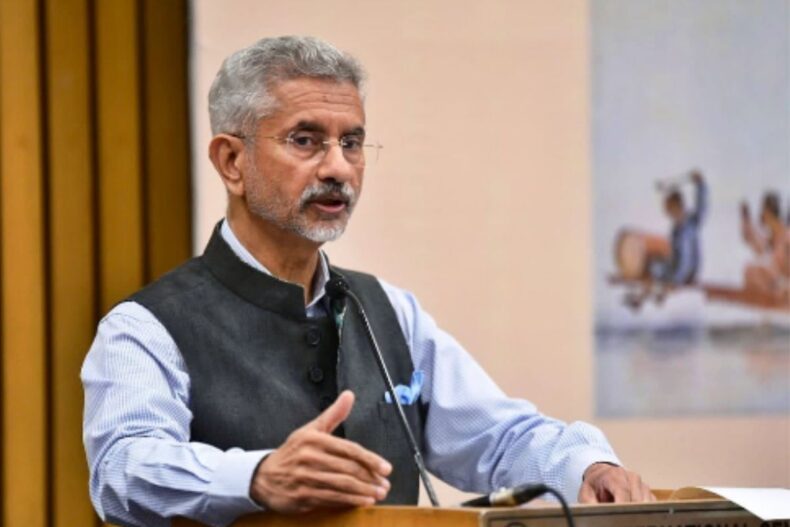The Indian External Affairs Minister, Dr. S. Jaishankar, is on a three-day visit to Sweden, also addressing the EU-India Pacific Ministerial Forum and bolstering relations with the Nordic country.
Table of Contents
1. What is the latest development?
On Sunday, External Affairs Minister Dr. S. Jaishankar discussed a host of issues to strengthen the India-Sweden partnership with his Swedish counterpart, Tobias Billstrom. The discussions primarily revolved around the Indo-Pacific, the European strategic situation, and avenues to develop a robust economy post-pandemic. Marking the 75th year of diplomatic relations between the two countries, Jaishankar joined the EU-India Pacific Ministerial Forum (EIPMF) in Stockholm. He also met with the Swedish Defence Minister Pal Jonson and discussed imperative regional and global security challenges.
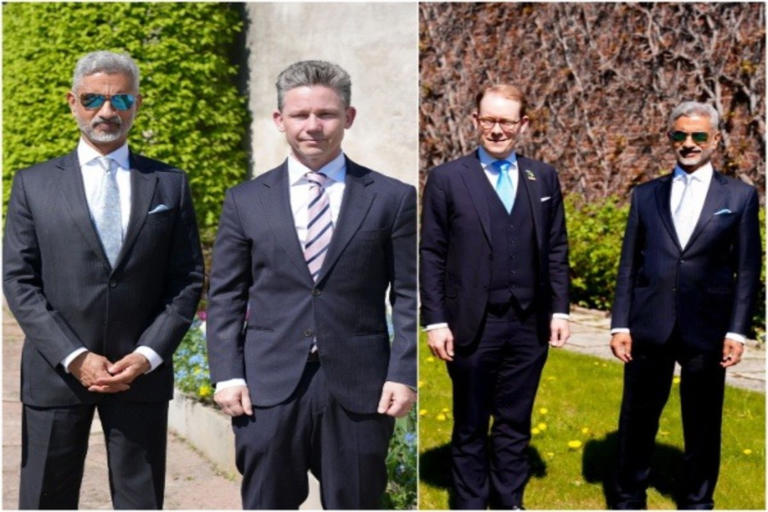
The external affairs minister interacted with the diverse Indian diaspora dwelling in Sweden. He highlighted how the cooperation and collaboration between the two nations have burgeoned and diversified throughout these years. As per his statements, Sweden is a valuable partner of India, a member of the European Union, and shares multilateral values with India. While interacting with the Indian diaspora, Jaishankar underlined the contribution of the Indian people to Sweden’s development and amelioration of ties with India. This year, as India is president of the G20, Sweden is the current president of the Council of the European Union, therefore this meeting holds a lot of importance.
2. India-Sweden partnership
Indian-Swedish relations were established in 1948, a year after India attained independence. Last year, Prime Minister Narendra Modi visited Sweden and discussed multilateral cooperation between the two nations. The Joint Action Plan was adopted, and a Joint Innovation Partnership was signed. Sweden and India are also cooperating on innovation and technology; in 2016 and 2017, during the Make in India event, Sweden was a major partner. In 2019, the King of Sweden presided over the first high-level dialogue on innovation policy between the two nations.
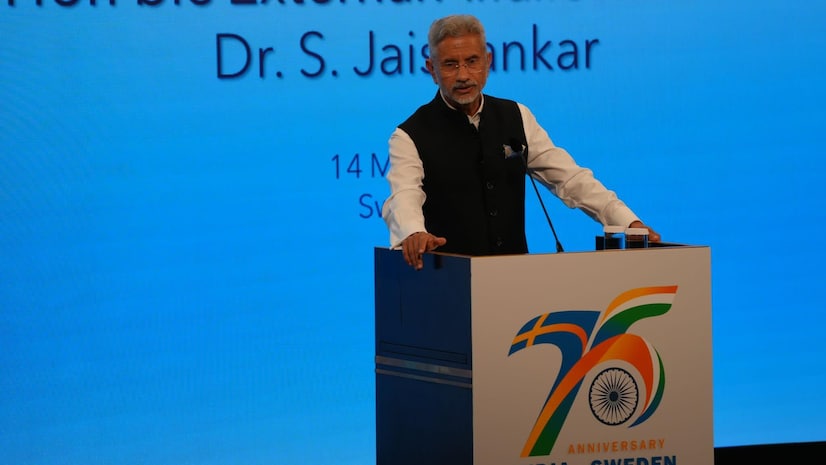
The EAM is also set to address the inaugural session of the India Trilateral Forum involving India, Europe, and the US. Jaishankar remarked that Europe has a major stake in the Indo-Pacific and that the situation in the region impacts global peace and stability. He asserted that, owing to the advent of globalisation, escalation in a particular region has multiple repercussions on other parts of the globe. Cooperation in diverse fields like technology, connectivity, trade, and finance is imperative. He delved deeper into the complexities of the Indo-Pacific. He vehemently supported the idea that greater and deeper cooperation between India and Europe would lead to the proliferation of multilateralism.
3. Europe and the Indo-Pacific
On the sidelines of the EIPMF, the EAM met with his counterparts from France, Austria, Belgium, Bulgaria, Latvia, Lithuania, and Romania. A plethora of issues were deliberated upon during the meeting, including the Russia-Ukraine crisis. Dr Jaishakar is on a three-nation visit to Bangladesh, Sweden, and Belgium. He was also a part of the sixth Indian Ocean Conference in Bangladesh. In the last segment of his visit to Brussels, he will attend the first meeting of the India-EU Trade and Technology Council.
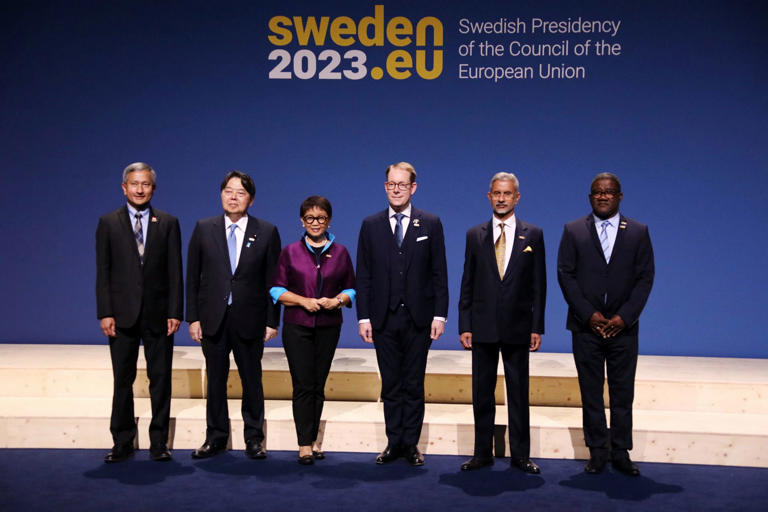
India and Europe’s partnership in recent years has increased by leaps and bounds. Later this year, on July 14, 2024, Prime Minister Narendra Modi is all set to attend the Bastille Day parade in France as a guest of honour. Jaishankar’s French counterpart discussed different domains of their partnership, including the G20 summit to be held later this year in India.
4. Changing world dynamics
Amid the ongoing Russia-Ukraine War, there have been umpteen tensions on the European continent, ranging from diplomatic to security to economic challenges. Considering the apprehensions of any future transgression by Russia, Finland has joined NATO; however, Sweden is yet to be inducted into the organisation. The change in the geopolitical situation has put Europe in a tight spot.
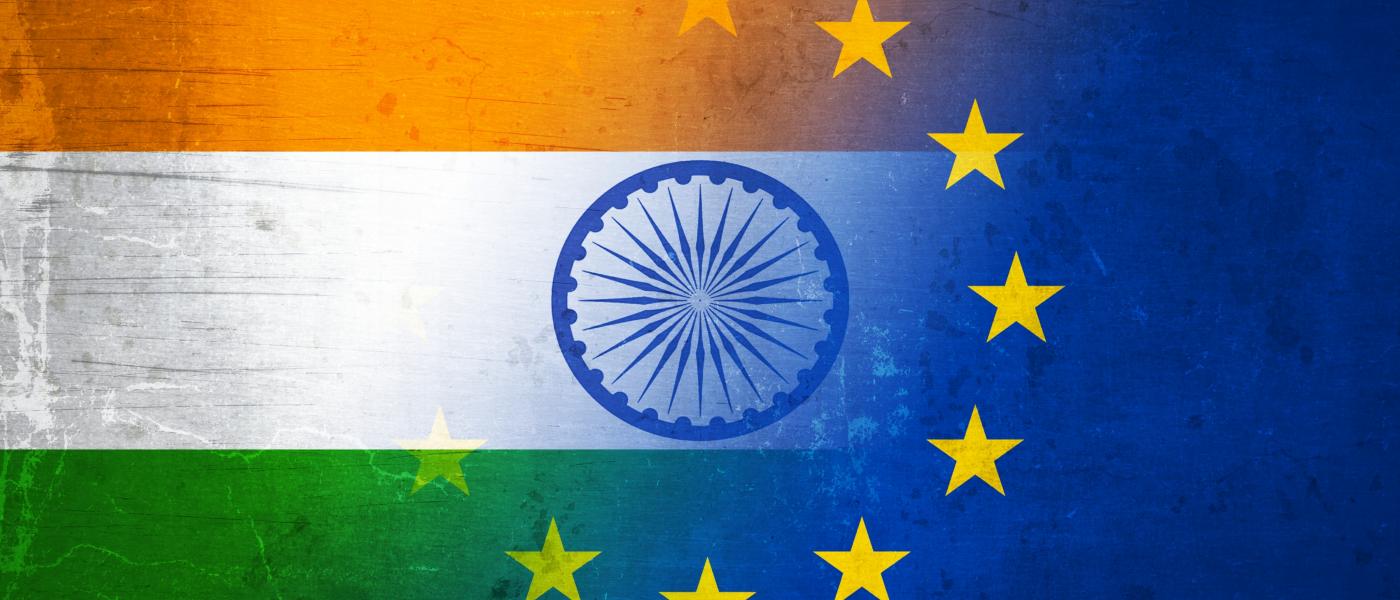
It remains to be seen how this diplomatic bonhomie between Europe and India can impact the global prospects and instil a propitious transition.







